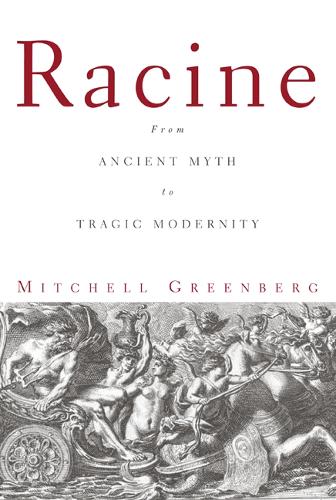
Racine: From Ancient Myth to Tragic Modernity
(Paperback)
Publishing Details
Racine: From Ancient Myth to Tragic Modernity
By (Author) Mitchell Greenberg
University of Minnesota Press
University of Minnesota Press
1st April 2010
United States
Classifications
General
Non Fiction
Literary studies: c 1600 to c 1800
842.4
Physical Properties
Paperback
296
Width 140mm, Height 216mm, Spine 20mm
Description
A study of all of the major tragedies of Jean Racine, France's preeminent dramatist-and, according to many, its greatest and most representative author-Mitchell Greenberg's work offers an exploration of Racinian tragedy to explain the enigma of the plays' continued fascination.
Greenberg shows how Racine uses myth, in particular the legend of Oedipus, to achieve his emotional power. In the seventeenth-century tragedies of Racine, almost all references to physical activity were banned from the stage. Yet contemporary accounts of the performances describe vivid emotional reactions of the audiences, who were often reduced to tears. Greenberg demonstrates how Racinian tragedy is ideologically linked to Absolutist France's attempt to impose the "order of the One" on its subjects. Racine's tragedies are spaces where the family and the state are one and the same, with the result that sexual desire becomes trapped in a closed, incestuous, and highly formalized universe.
Greenberg ultimately suggests that the politics and sexuality associated with the legend of Oedipus account for our attraction to charismatic leaders and that this confusion of the state with desire explains our continued fascination with these timeless tragedies.
Author Bio
Mitchell Greenberg is Goldwin Smith Professor of Romance Studies at Cornell University.
